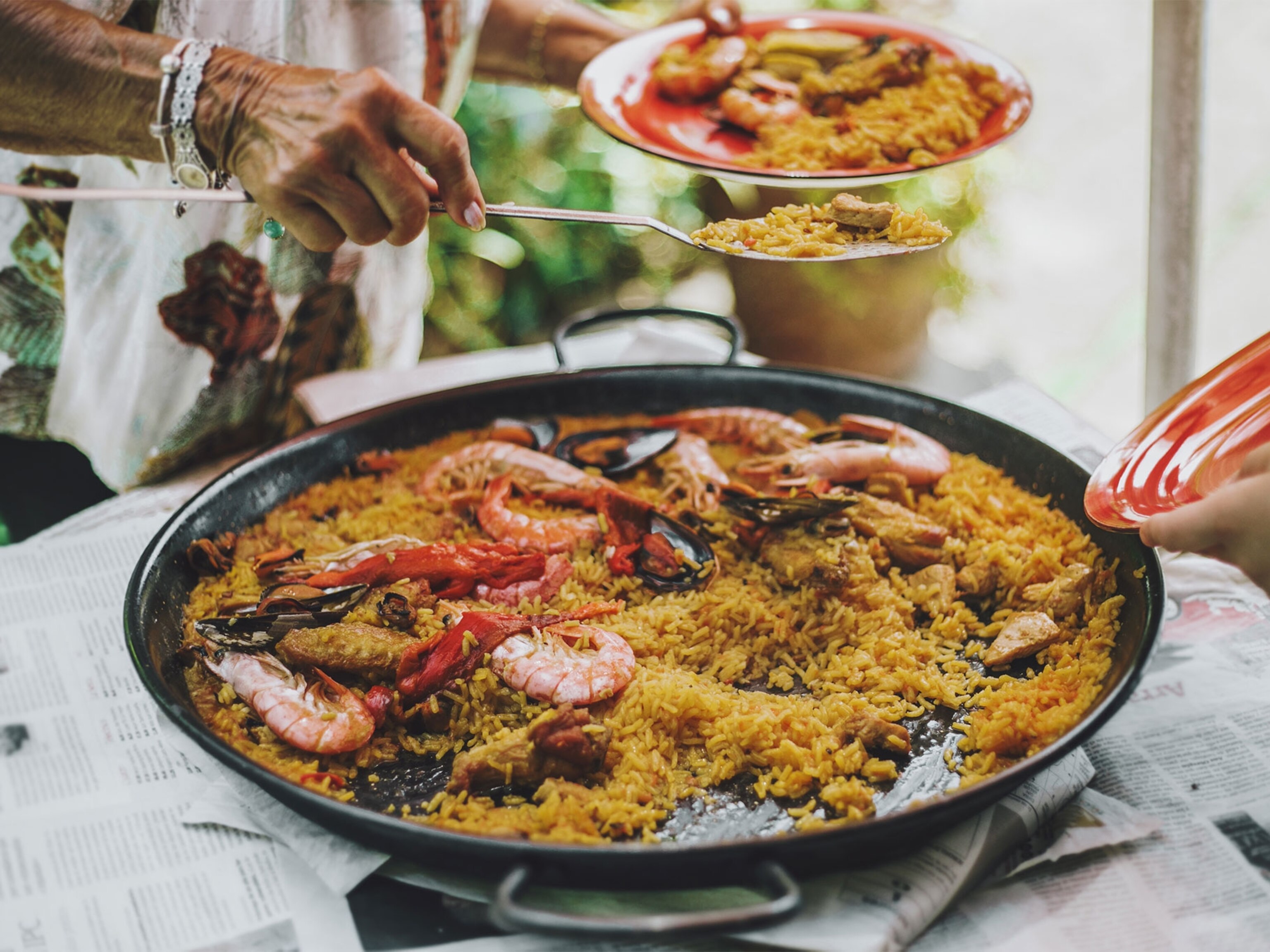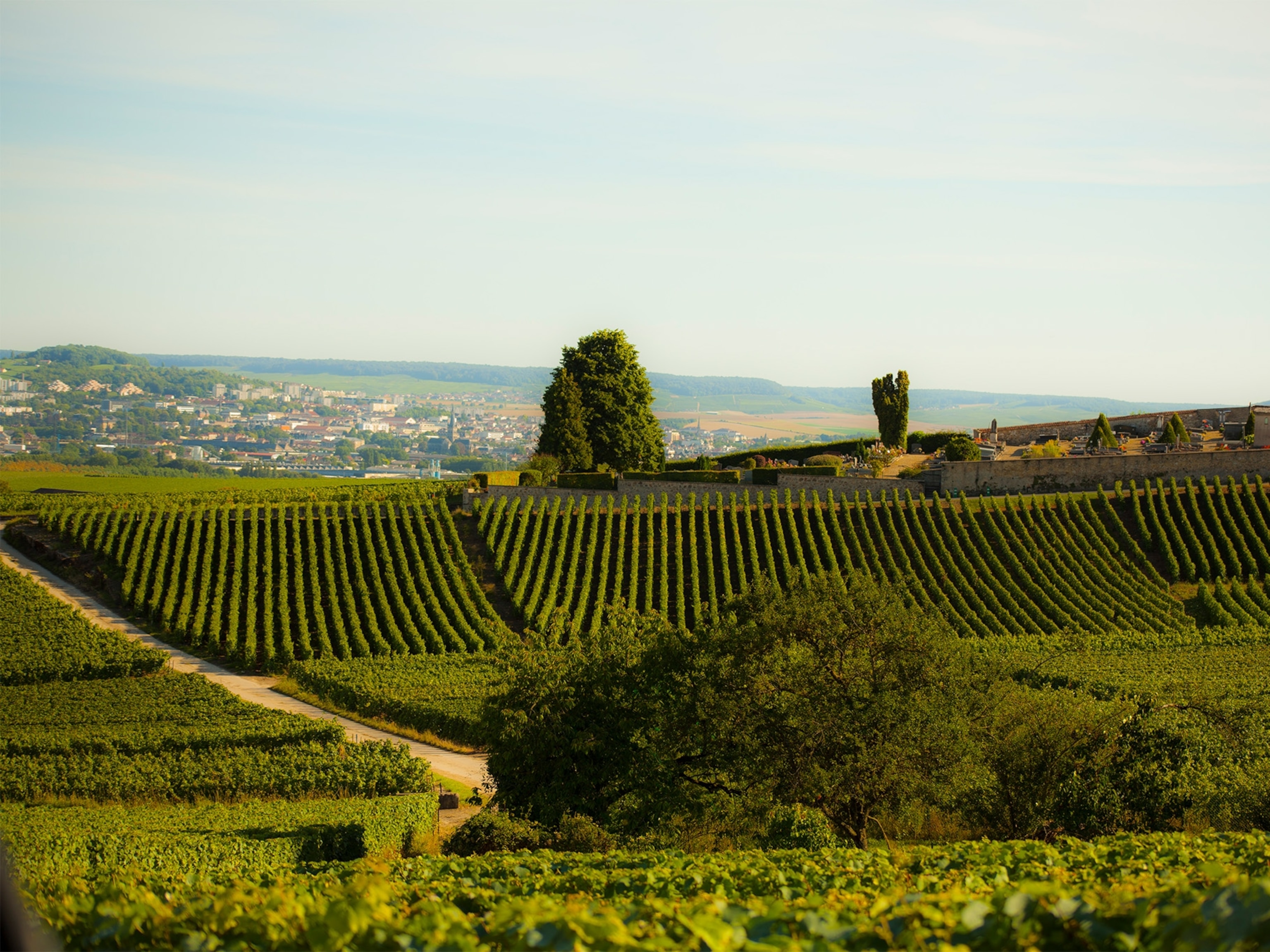













A Taste of Babylon
“Actually—I just finished high school!” explained the boy behind the counter.
He was tall, and young—only 19 years old, standing alone in the shaded stone farm building with shelves of wine bottles that shone, gold, pink, and red.
He wanted to call in one of the wine experts, someone who knew “more about wine than I do,” he explained modestly, but I insisted that he do the wine tasting himself. He was the wine advisor, and I was curious to watch him at work (in my country, you could never stick a teenager behind a counter of wine).
The colonial farm and wine estate of Babylonstoren sits among a length of garden that looks like a map of Manhattan, planted out in hedgerows, flower bushes and vegetable patches. In the strong sun, the Cape Colonial cottages shine a blinding white among the long green stripes of vineyards.
Babylonstoren was established 321 years, just outside of Franschhoek, in the heart of the Cape Winelands. Though it has a long colonial history, the current owners only took over a few years ago.
“We are so young, but we already have six wines,” said Dylan, proudly. Indeed, Babylonstoren only began making wine in 2011, but their young vintages have already attracted global attention. Even better, the wine estate is a destination in its own right, with a working garden, hotel, spa and walking paths through flowers, ponds, and under citrus and guava trees.
Not only did all my friends in Cape Town insist that I check out this quintessential Cape farm experience, but about a dozen of my Twitter followers chimed in with the same command: Don’t miss Babylon!
Given that my followers know far more about wine than I do, I followed their advice and stood alert while Dylan Parsons, wine advisor, guided me through the six wines of Babylonstoren:
2012 Chenin Blanc
Amazingly clear and light, the white wine in the glass looked like a faint sunbeam poured straight from the bottle. “This one’s such an easy wine,” offered Dylan, “So light and easy. It’s a very drinkable wine with lots of tropical fruit—guava, pineapple, and melon. It pairs quite well with salads and pasta or even pizza.”
Then he laughed, “We call this one the troublemaker, because it’s so light, you simply forget you’re drinking wine—you think it’s apple juice or something,” Dylan chuckled. “But don’t fool yourself. A few glasses will lead to a few bottles—it’s such a young wine, but it’s so good.”
2013 Mourvèdre Rosé
I don’t think I’ve ever seen a wine with as beautiful a color as this. The gentle pink glow from the bottle looked so refreshing, and it smelled like the flowers that grow in the massive gardens of Babylonstoren.
“Red berries . . . strawberries—very light,” reported Dylan thoughtfully, swirling the rosy liquid in his glass. “This one’s also great with summery foods like salads or pizza. We’re one of only three wineries that use the Mourvèdre grape in South Africa, so it’s quite unique.”
2012 Viognier
A more golden-colored wine, this white brings, “A touch of oak—with white flowers, peach and apricot.” Dylan explained that 20% of this wine is wooded, while the rest is kept in steel tanks, so that the taste is just a bit woody, that starts light and turns fuller-bodied in the mouth. “It’s perfect for a slightly spicier meal, especially with Cape Malay cuisine—like bobotie,” said Dylan.
2011 Chardonnay
“Citrus and lemons dominate this Chardonnay, with notes of butterscotch,” Dylan sniffed again, swirled and then drank. “Then you get this wonderful vanilla aftertaste.” Eleven months wooded add a richness to the flavor and Dylan suggested it as a feast wine, or for special occasions. It also pairs perfectly with seafood and yellowtail fish. “It also goes quite well with Gouda cheese,” Dylan smiled, and then we had to talk about cheese, not only because I’m obsessed, but because South Africa makes so many fantastic cheeses to match their repertoire of wine (so far, my favorite is the aged Huguenot from Dalewood Fromage, right next door to Babylonstoren).
2012 Babel Red
Only later on did Dylan admit that this ruby-colored blend was his favorite wine of all. “Why?” I wondered.
“The flavors really make this blend special—you get chocolate, coffee, toffee, mocha—all of them.” The Babel Red blends 60% Merlot, 24% Shiraz 10% Cabernet, and 6% Malbec, and it pairs well with red meat and barbecue.
“It’s incredibly smooth,” described Dylan, before explaining his affection for this particular wine.
“This is only my third month working in the wine industry, so I really haven’t developed the nose or skills of an expert, but with this one, I opened up a bottle once for guests, and right when the cork came out, whoosh, I got the that chocolately favor—I could smell it! So this was really the first wine that I really could recognize the flavor.”
Dylan also confided that this red pairs perfectly with a boerie roll, South Africa’s handheld barbecue favorite—a long link of grilled boerewors (spicy beef sausage) on a fresh-baked roll with chutney (not ketchup).
2012 Shiraz
Last but not least, Bablyonstoren’s “100% Shiraz” is, “Strong in the nose, with red cherry fruit, white and black pepper, spice and flowers.”
“It’s smooth but spicy,” Dylan added, reinforcing the importance of matching a wine’s personality to particular foods.
“And you grow all of this wine right here, on site?”
“Yes,” he smiled and nodded, “We do everything ourselves.” Just like the first Dutch settlers, the farm at Babylonstoren is an example of self-sufficiency, even encouraging guests to pick their own salad, or like Dylan, to learn as much as they can about wine.
“I had no intention of going into wine—I was planning on studying law—but now
I want to learn more about this industry.”
I was remarkably impressed with Dylan and his agility in explaining such a nuanced thing as wine with so much sophistication and confidence. I was even more surprised to confirm that he’d only been working at Babylonstoren for three months.
“I was so nervous when I first started, but it’s really helped boost my confidence—I learn so much from all of our guests,” he stated. But his first job out of high school has already changed his life.
“I want to learn more about wine—even it if means working out in the vineyards or in the cellars. Like this winery, I am young, but I hope to grow with them, if I can.”
And this is the beauty of South Africa—that while it’s an ancient land with long established traditions of food and wine, the whole country also feels amazingly young and exuberant . . . not unlike the 2012 Chenin Blanc at Babylonstoren.
You May Also Like
Go Further
Animals
- Soy, skim … spider. Are any of these technically milk?Soy, skim … spider. Are any of these technically milk?
- This pristine piece of the Amazon shows nature’s resilienceThis pristine piece of the Amazon shows nature’s resilience
- Octopuses have a lot of secrets. Can you guess 8 of them?
- Animals
- Feature
Octopuses have a lot of secrets. Can you guess 8 of them? - This biologist and her rescue dog help protect bears in the AndesThis biologist and her rescue dog help protect bears in the Andes
Environment
- This pristine piece of the Amazon shows nature’s resilienceThis pristine piece of the Amazon shows nature’s resilience
- Listen to 30 years of climate change transformed into haunting musicListen to 30 years of climate change transformed into haunting music
- This ancient society tried to stop El Niño—with child sacrificeThis ancient society tried to stop El Niño—with child sacrifice
- U.S. plans to clean its drinking water. What does that mean?U.S. plans to clean its drinking water. What does that mean?
- Food systems: supporting the triangle of food security, Video Story
- Paid Content
Food systems: supporting the triangle of food security
History & Culture
- Heard of Zoroastrianism? The religion still has fervent followersHeard of Zoroastrianism? The religion still has fervent followers
- Strange clues in a Maya temple reveal a fiery political dramaStrange clues in a Maya temple reveal a fiery political drama
- How technology is revealing secrets in these ancient scrollsHow technology is revealing secrets in these ancient scrolls
- Pilgrimages aren’t just spiritual anymore. They’re a workout.Pilgrimages aren’t just spiritual anymore. They’re a workout.
- This ancient society tried to stop El Niño—with child sacrificeThis ancient society tried to stop El Niño—with child sacrifice
Science
- Soy, skim … spider. Are any of these technically milk?Soy, skim … spider. Are any of these technically milk?
- Can aspirin help protect against colorectal cancers?Can aspirin help protect against colorectal cancers?
- The unexpected health benefits of Ozempic and MounjaroThe unexpected health benefits of Ozempic and Mounjaro
- Do you have an inner monologue? Here’s what it reveals about you.Do you have an inner monologue? Here’s what it reveals about you.
- Jupiter’s volcanic moon Io has been erupting for billions of yearsJupiter’s volcanic moon Io has been erupting for billions of years
Travel
- On the path of Latin America's greatest wildlife migrationOn the path of Latin America's greatest wildlife migration
- Everything you need to know about Everglades National ParkEverything you need to know about Everglades National Park
- Spend a night at the museum at these 7 spots around the worldSpend a night at the museum at these 7 spots around the world
- How nanobreweries are shaking up Portland's beer sceneHow nanobreweries are shaking up Portland's beer scene






